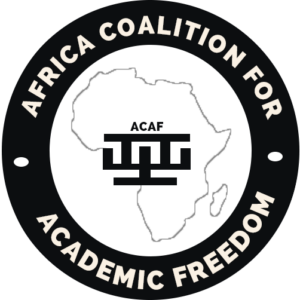Background
The chequered history of academic freedom in Africa and the perilous state it finds itself in today is dictated to by the coloniality of its higher education landscape, which is dominated by factors such as massification, high lecturer-student ratios, poor remuneration for lecturers, undue interference by the state in the affairs of the university, and poor allocation of resources for research. These factors have affected the ability of the Africa university to realise its production, dissemination, and application of knowledge, which are located within the ecosystem for the exercise of academic freedom.
Thus, although many African States have now given recognition to academic freedom in their post-Cold War constitutions, this development has not translated substantively into improving the culture of respect for academic freedom in Africa. Moreover, academic freedom remains an abstract concept, even among the academic community and more so in the larger society. Its purpose, relevance, mode of application, and means of making claims and seeking redress, among others, remain a mystery to many.
Identifying the history, the actors, the factors, the context, and the nuances informing the academic freedom matrix in Africa is critical to identifying the root causes of the problem.
